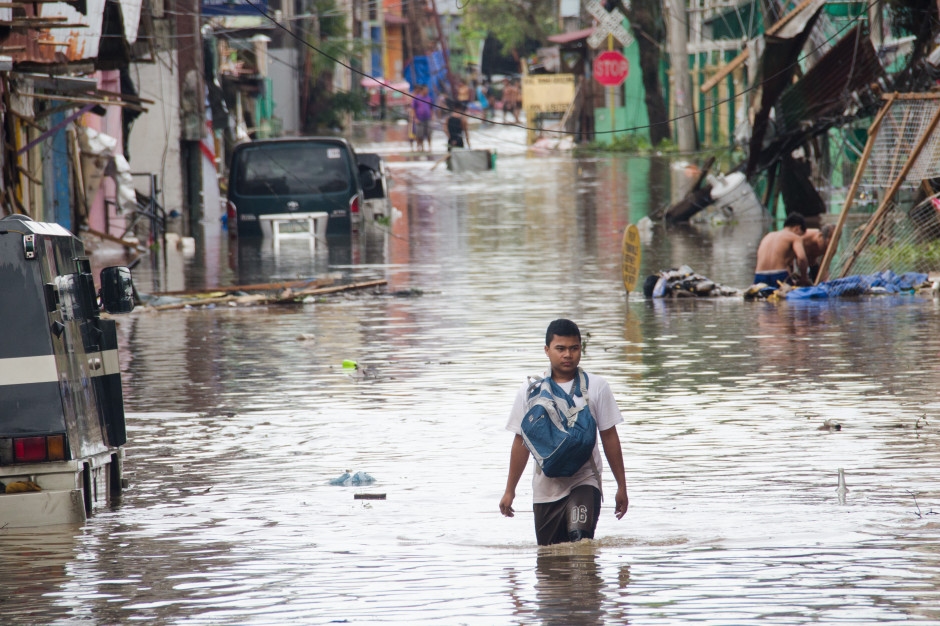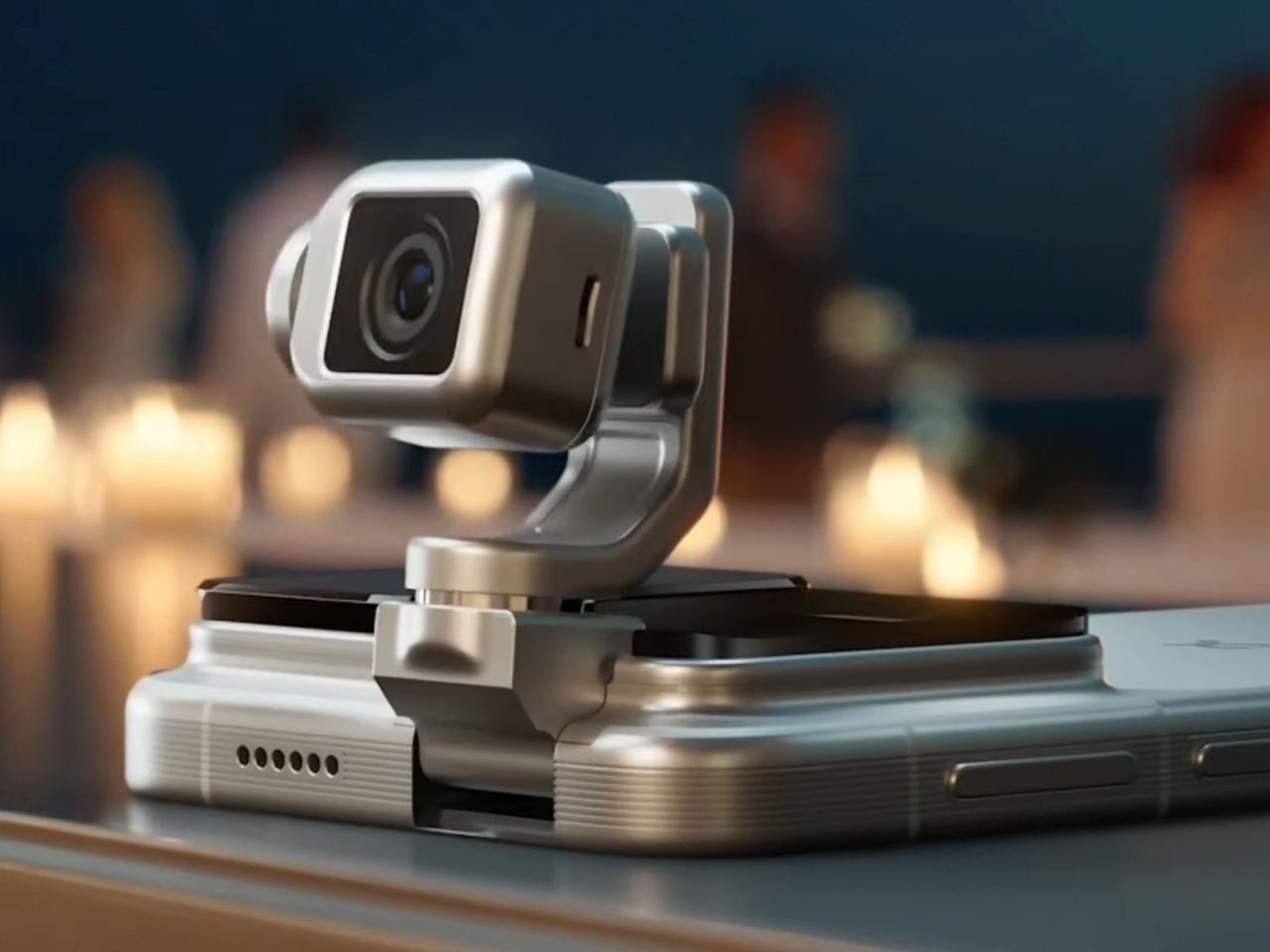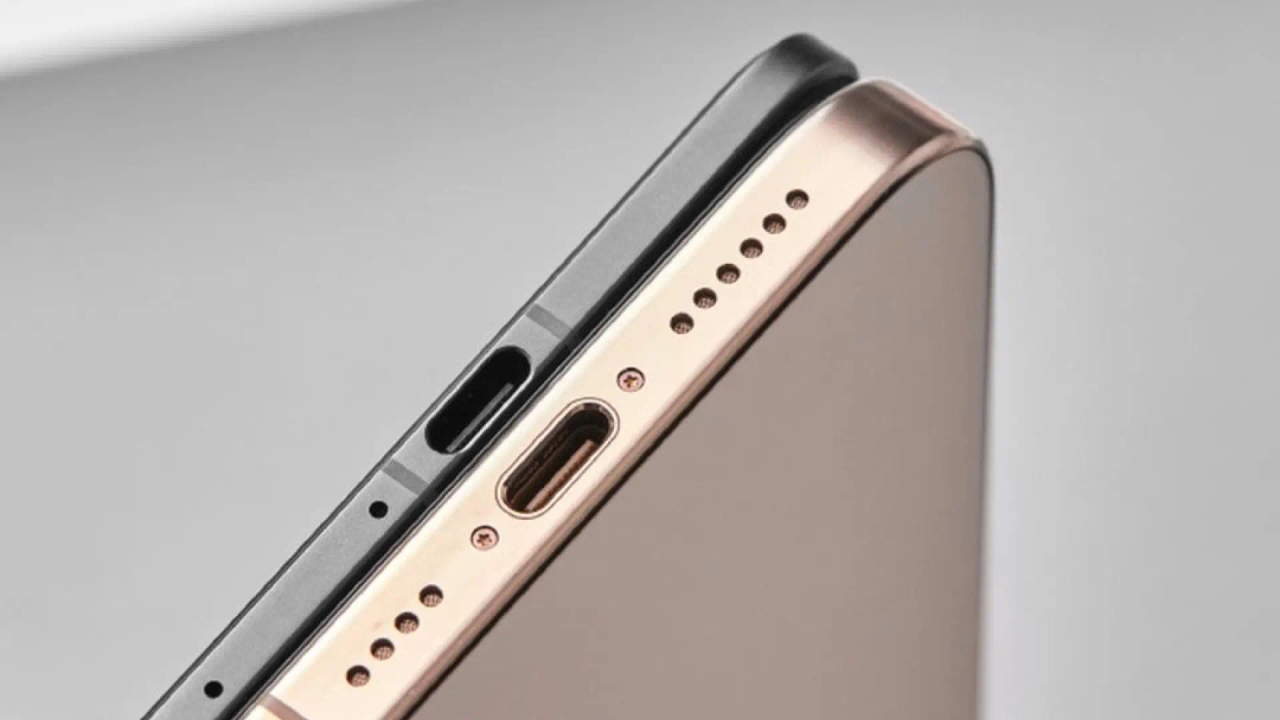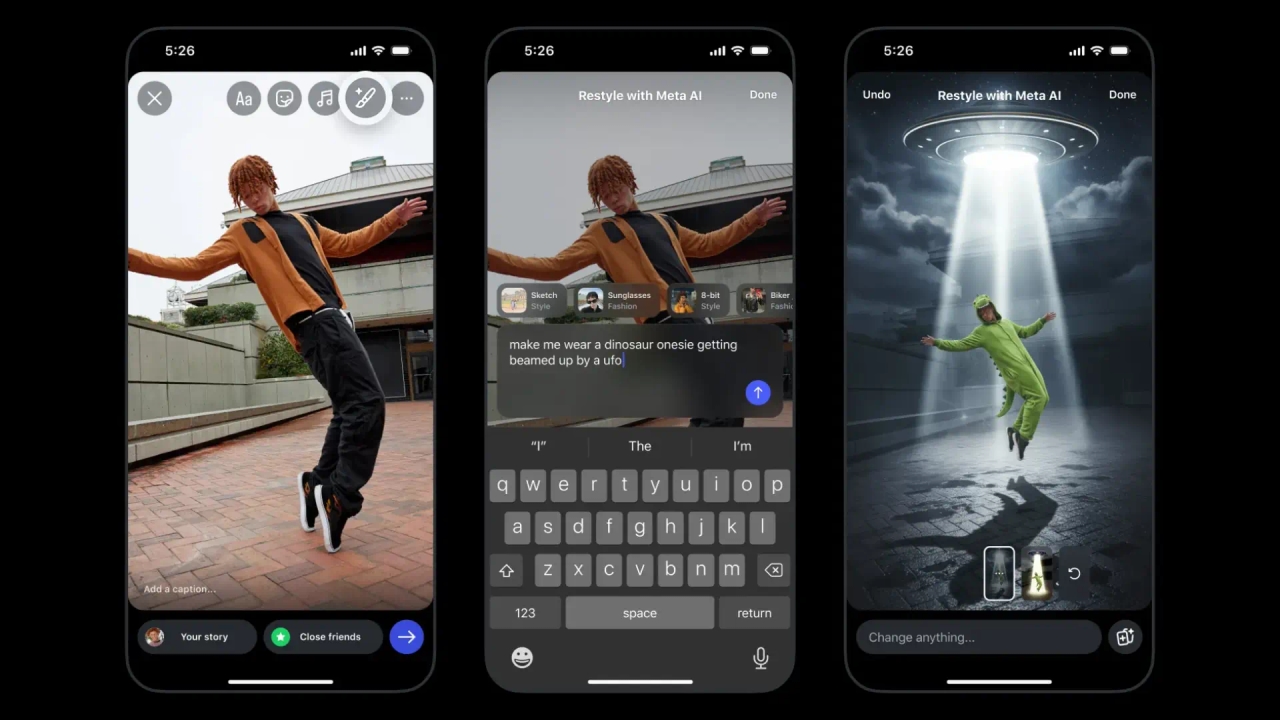The most unexpected victim of the AWS outage: thousands of smart bed owners were left sleepless.
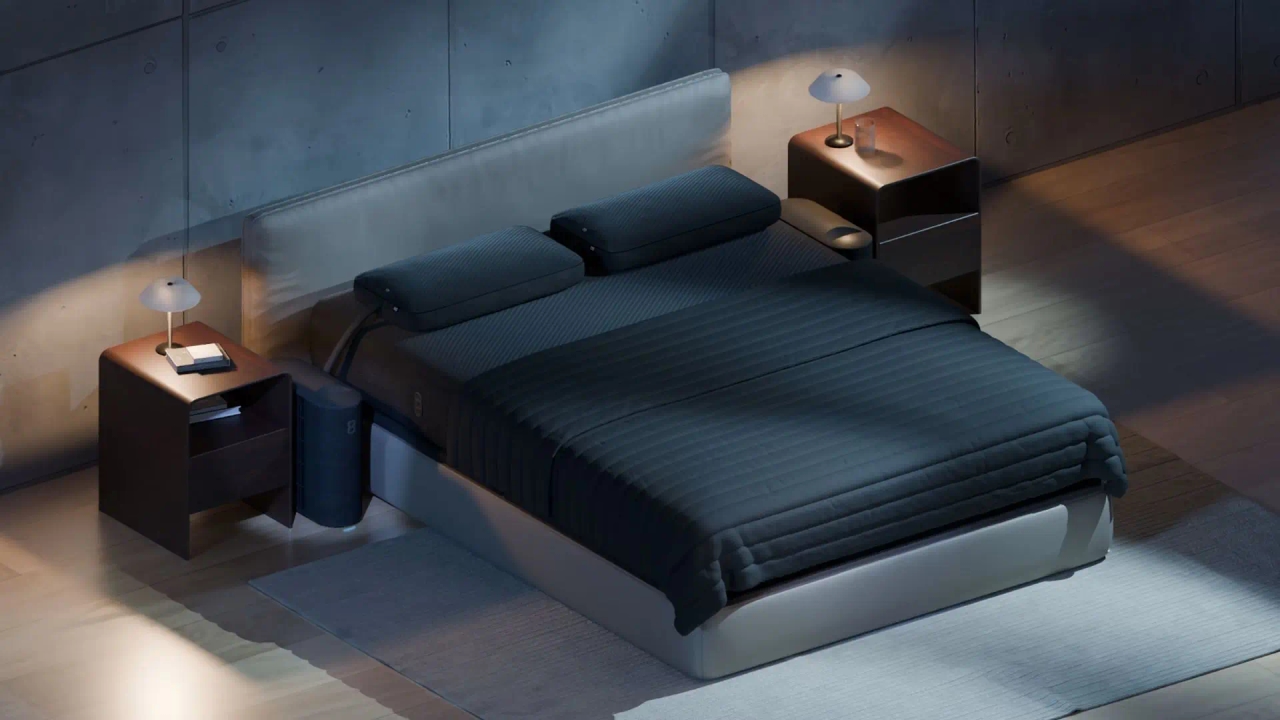
The latest Amazon Web Services (AWS) outage left half of Spain paralyzed last Monday, but it didn't just affect banks, websites, and digital services both nationally and internationally: it also left thousands of people literally unable to sleep .
Owners of the Eight Sleep Pod smart beds—one of the most advanced sleep devices on the market—reported that, during the blackout, their beds became stuck at extremely high temperatures or in positions that were impossible to change.
Eight Sleep is an American company that bills itself as a pioneer of "smart sleep." Its flagship product, the Pod , combines biometric sensors, automated heating and cooling, and an adjustable base capable of elevating the body or modifying posture. Everything is controlled from a mobile app that relies on AWS cloud infrastructure to execute each command.
The problem arose when, in the middle of the night, that connection went down. The result: beds that heated up to 110°F (about 43°C) with no way to turn it off, and bases that remained stuck in an inclined position.
The cause: an error in the Amazon systemAccording to The Guardian , the AWS outage was caused by an error in the Amazon DynamoDB service , one of the databases that underpins Amazon Web Services' global system. A failure in the automatic management of DNS records resulted in empty records, causing many applications and devices to lose contact with their servers.
Simply put, the devices didn't know who to send commands to . And that included Eight Sleep's beds, which rely entirely on the cloud to operate.
The company's CEO, Matteo Franceschetti , publicly acknowledged the impact of the ruling:
“The AWS outage has affected some of our users since last night, disrupting their sleep. We apologize for the inconvenience and are working on a solution that will allow the bed to operate even without an internet connection.”
The answer: an emergency offline modeThe company reacted quickly. Within hours, Eight Sleep announced an update that introduced an outage mode , designed to keep the device running even when the servers are down .
This mode connects directly via Bluetooth , without going through the cloud, and allows you to perform basic actions such as turning the bed on or off, adjusting the temperature or returning the base to a flat position.
However, advanced features—such as sleep tracking, automatic customization based on body temperature, or scheduling nighttime routines—still rely on AWS servers.
The company acknowledged that this feature should have been present from launch and promised to strengthen its technical architecture to reduce its overall dependence on the cloud.
A luxury productThe Eight Sleep Pod 4 Ultra bed, its most advanced model, costs around €9,000 with all the accessories, according to the brand's website. In addition to the hardware , it includes a monthly subscription to access its smart sleep tracking and optimization features.
This total dependence on online services has been one of the main points of criticism following the incident. Some users pointed out that, even if they pay a high price, if the servers fail, the product ceases to fulfill its basic function .
In recent years, cloud-based outages at Amazon, Google, and Microsoft have rendered everything from security cameras and thermostats to household appliances and robot vacuum cleaners inoperable. And more and more experts are warning that this " cloud-dependency" poses a real risk to the reliability of the connected home.
20minutos

